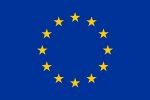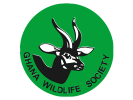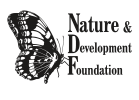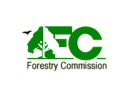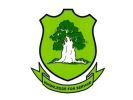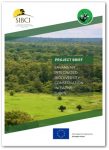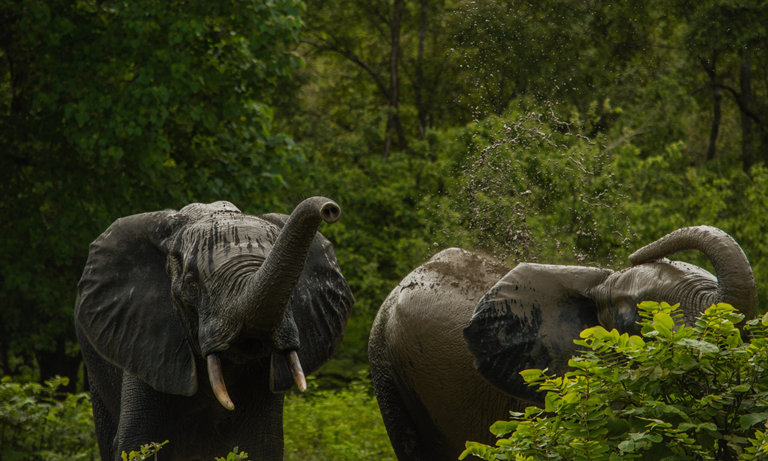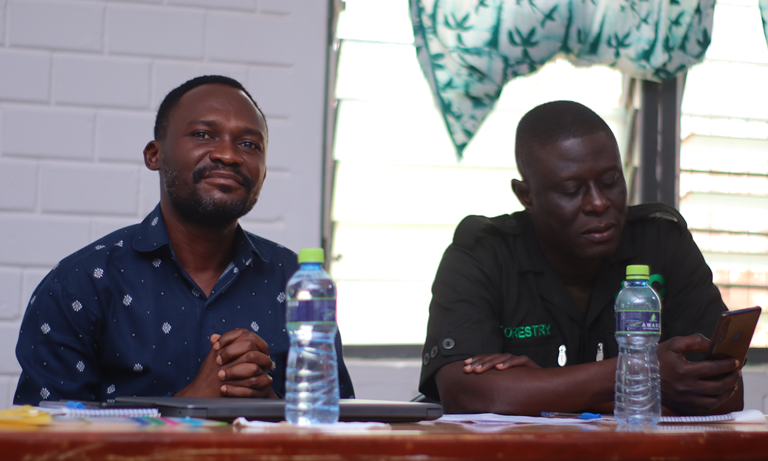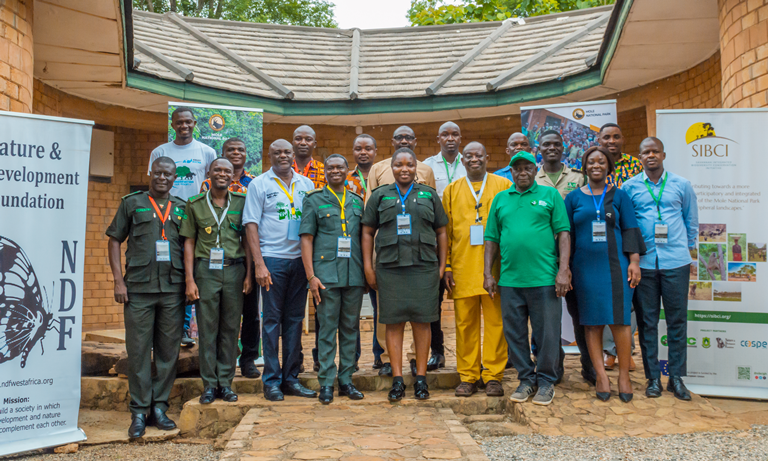Savannah Integrated Biodiversity Conservation Initiative
(SIBCI)
Background
The Savannah Integrated Biodiversity Conservation Initiative (SIBCI) was initiated by the Ghana Wildlife Society in collaboration with partners to support the implementation of Sustainable Management of the Mole National Park and peripheral areas, implemented under the auspices of the European Union’s PAPBio Programme which aims at sound management of large landscapes of high biodiversity value. SIBCI has emerged as a priority in the context of rapid demographic growth, poverty, weak governance of natural resources and increasingly frequent climate change, which are leading to the impoverishment of natural capital in Northern Ghana, including ecosystem services on which the Ghanaian population largely depend.
SIBCI engenders harmony between green economic activities towards improvement of livelihoods of selected communities surrounding the Mole National Park, and conservation of biodiversity within and around the Park. SIBCI is further supporting sustainable management of protected areas within the PoCoMo complex [Po, Nazinga and Sisili (PoNaSi) / Comoé / Mole] comprising different savannah ecotypes, and the corridors joining them. The SIBCI Project contributes to fostering sectoral and trans-frontier cooperation with neighboring-protected areas (Comoe National Park in Côte d’Ivoire and the Nazinga Ranch in Burkina Faso) and contributes to ensuring sustainable financing mechanism for the management of the Mole National Park.
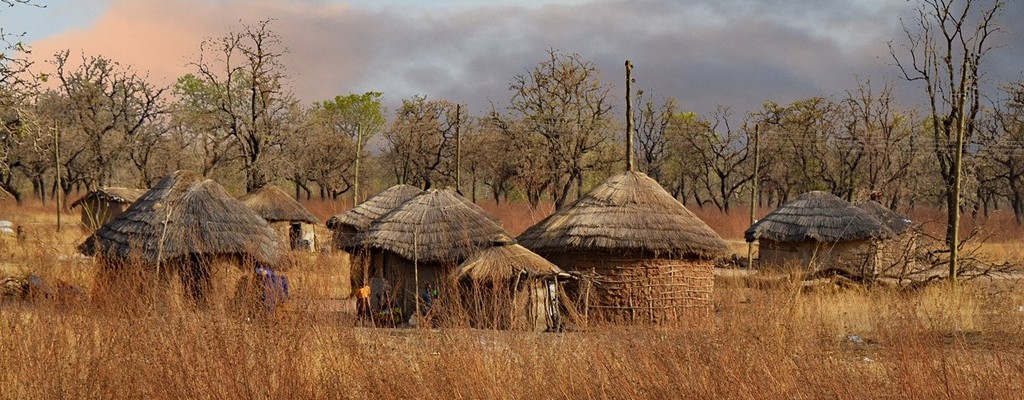
Objectives
The project’s long-term goal is to contribute to the achievement of endogenous, sustainable and inclusive economic development that responds to the challenges of climate change. In the medium-term, the objective is to improve sustainable, participatory and integrated management of the Mole National Park (MNP) towards biodiversity conservation and resilience to climate change.
Expected outcomes
- Socio-economic and sectorial activities relating to the Mole National Park are well coordinated and integrated.
- Protected Area Management systems are developed and operational.
- Resource dependent communities participate and derive benefits from the integrated management of natural resources.
Duration
January 2020 – December 2023
Sponsor
